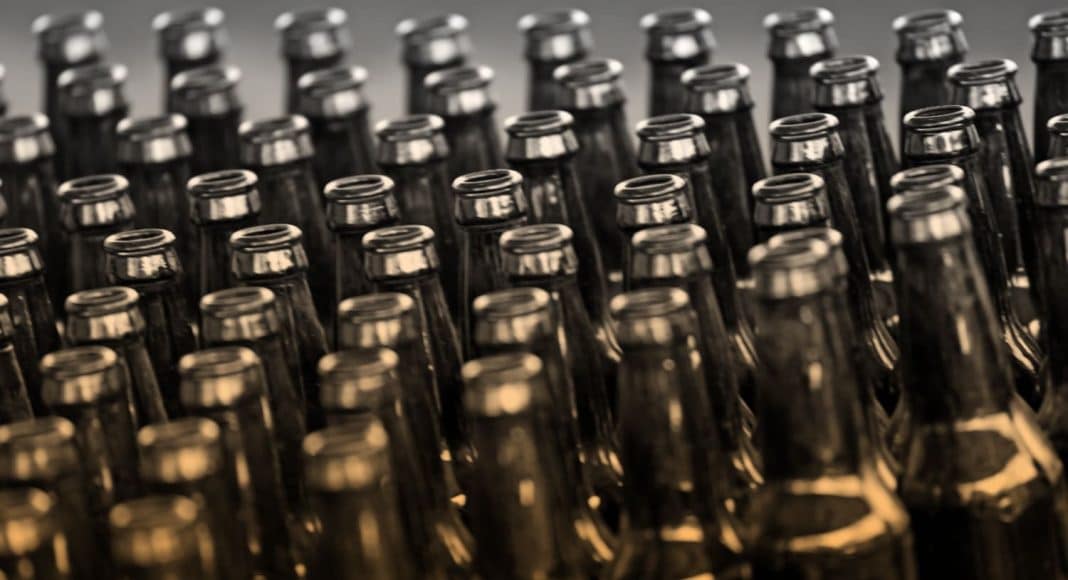There’s nothing wrong with sharing a cocktail or two with friends and family. But binge drinking is a different matter.
As more states legalize marijuana, is the problem getting better or worse? Does more cannabis use cut down on binge drinking? The data, so far, is inconclusive. But public health researchers are urging agencies and universities to focus more on the dangers posed by alcohol, and less on the dangers of less toxic drugs, such as marijuana.
Here is what we know about binge drinking and cannabis:
The Costs Of Binge Drinking Are Staggering
Binge drinking accounted for about half of the 80,000 alcohol-related deaths in the United States in 2010, according to a report by the Centers for Disease Control and Prevention.
The CDC reports:
- Excessive alcohol consumption cost the United States $249 billion in 2010. This amounts to about $2.05 per drink, or about $807 per person.
- The costs due to excessive drinking largely resulted from losses in workplace productivity (72% of the total cost), health care expenses (11%), and other costs due to a combination of criminal justice expenses, motor vehicle crash costs, and property damage.
- Excessive alcohol use cost states and DC a median of $3.5 billion in 2010, ranging from $488 million in North Dakota to $35 billion in California.
- Binge drinking was responsible for about three-quarters (77%) of the cost of excessive alcohol use in all states and DC.
- About $2 of every $5 of the economic costs of excessive alcohol use were paid by federal, state, and local governments.
What Is The Actual Definition Of Binge Drinking?
Binge drinking is defined as four or more drinks for women and five or more drinks for men on a single occasion, More than 17 percent of all people in the United States are binge drinkers, and more than 28 percent of people age 18 to 24.
Binge drinking is more common among people with a household income of at least $75,000.
Does Marijuana Legislation Have An Effect On Binge Drinking?
Researchers at the University of Washington reviewed more than 750 studies on marijuana and alcohol, in search of evidence as to whether people use alcohol and marijuana together or whether one is preferred when both are available. No clear pattern emerged.
The researchers concluded that there’s evidence of marijuana and alcohol being both substitutes and complements. Given the rapidly evolving landscape of marijuana policy, they say further study will be important to understand how changes in marijuana laws impact the use of alcohol and other drugs.
-
Related Story: How Colo. And Washington Dispelled The Myth That Rec Weed Will Make Teens Drug Addicts
“This is a complicated issue and requires a nuanced approach,” said lead author Katarína Guttmannová, a researcher in the UW’s Social Development Research Group. “We were hoping to have more clear-cut answers at the end of our research. But you know what? This is the science of human behavior, and it’s messy, and that’s OK.”
Marijuana Protects Against Brain Damage From Binge Drinking
If you are prone to binge drinking, cannabis may play a role in protecting your brain from further damage. A study published online by the journal Neurotoxicology and Teratology suggests that marijuana may protect the brain from some of the damage caused by binge drinking. “It is possible that marijuana may have some neuroprotective properties in mitigating alcohol-related oxidative stress or excitotoxic cell death,” according to the report.
“This study suggests that not only is marijuana safer than alcohol, it may actually protect against some of the damage that booze causes,” said Steve Fox, co-author of the new book, Marijuana Is Safer: So Why Are We Driving People to Drink? “It’s far better for teens not to drink or smoke marijuana, but our nation’s leaders send a dangerous message by defending laws that encourage the use of alcohol over marijuana.”
In fact, the US government has a patent on cannabinoids as neuroprotectants.
Which States Have The Biggest Problem With Binge Drinking?
North Dakota has the highest binge drinking problem, with 24.9 percent of residents in the state falling into the category, the Daily Mail reported on Thursday. Wisconsin and the District of Columbia (both 24.2 percent) were tied for second.
Tennessee has the lowest population of binge drinkers at 10.9 percent in the country.


